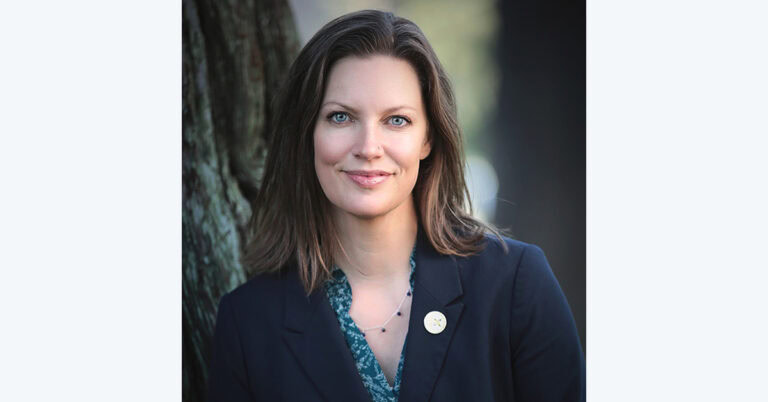Deputy Director
Cal TAC Symposium Examines Efficacy of Digitally Enhanced Education
September 20, 2013 | CCST Newsroom | Contact: M. Daniel DeCillis

Cal TAC brought together education leaders from around California last week to discuss what current research says about the effect of digital teaching and learning platforms, tools, programs and resources.
“The role of information technology has shifted from that of an enabler to that of a transforming culture,” said keynote speaker CCST Senior Fellow Mohammad Qayoumi, president of San Jose State University. “In order for California to move forward, we need to successfully adapt to a new learning ecosystem.”
Digitally enhanced education is a broad term encompassing the transformative use of technologies in the learning environment, incorporating everything from the use of computers and tablets in conventional K-12 classroom settings to higher education courses offered entirely online. It is a topic of significant interest for educators and policymakers alike, due to the potential of digital education to connect with students in potentially more effective ways.
“The challenge is understanding, given what we know, what can be done to help teachers, school and districts now with regard to promoting high quality digitally enhanced education,” said Cal TAC Chair Brian Shay, a mathematics teacher in San Diego. “Is digital always better? How do we know? What’s the evidence?”
The symposium included presentations from the California State Superintendent’s office, the California Board of Education, the Center for Technology in Learning at SRI International, the California Commission on Teacher Credentialing, and WestEd; participants also included representatives from the California State University System, the University of California, the California STEM Learning Network, the office of Assemblywoman Susan Bonilla, and the office of Congressman George Miller, among others.
Cal TAC was formed by CCST in 2005 as a means for bringing real world classroom experience to policy makers and others whose decisions affect the quality of science and math education in California schools. Cal TAC is comprised of a carefully selected group of accomplished teachers from across the state. In recent years, Cal TAC has been working to put forward a framework with specific steps that need be taken to fully implement digitally enhanced education throughout the state.
Part of the challenge in accommodating digital technologies into the educational framework lies in the rapid pace of innovation and change in digital education opportunities. One of the major program types being explored currently by institutions of higher education, MOOCs (Massive Open Online Courses), did not even exist when Cal TAC began exploring digital education in early 2011.
“This is a moving target,” said CCST Executive Director Susan Hackwood. “We need to understand the current policy context in order to pave the way for digital teaching and learning; in particular, the role of digital teaching and learning in the implementation of the Common Core State Standards and the Next Generation Science Standards.”
The findings from the Cal TAC symposia will be integrated into a Tool Kit on implementing digitally enhanced education in California for members of the education, policy and philanthropic communities.




